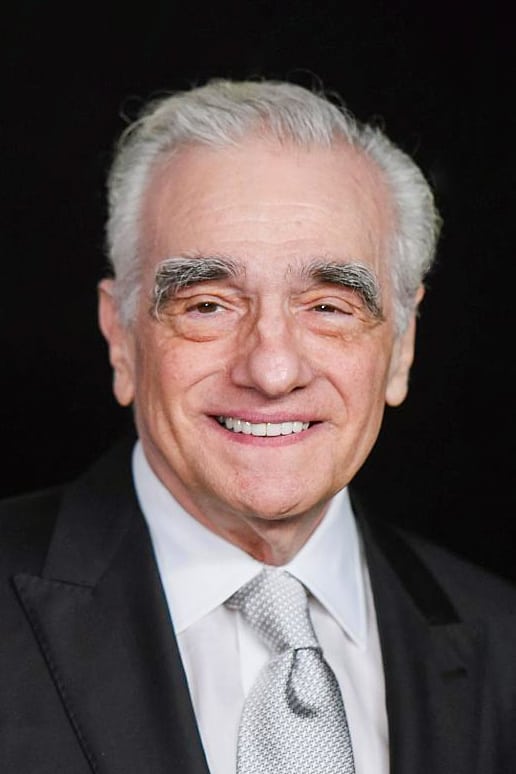
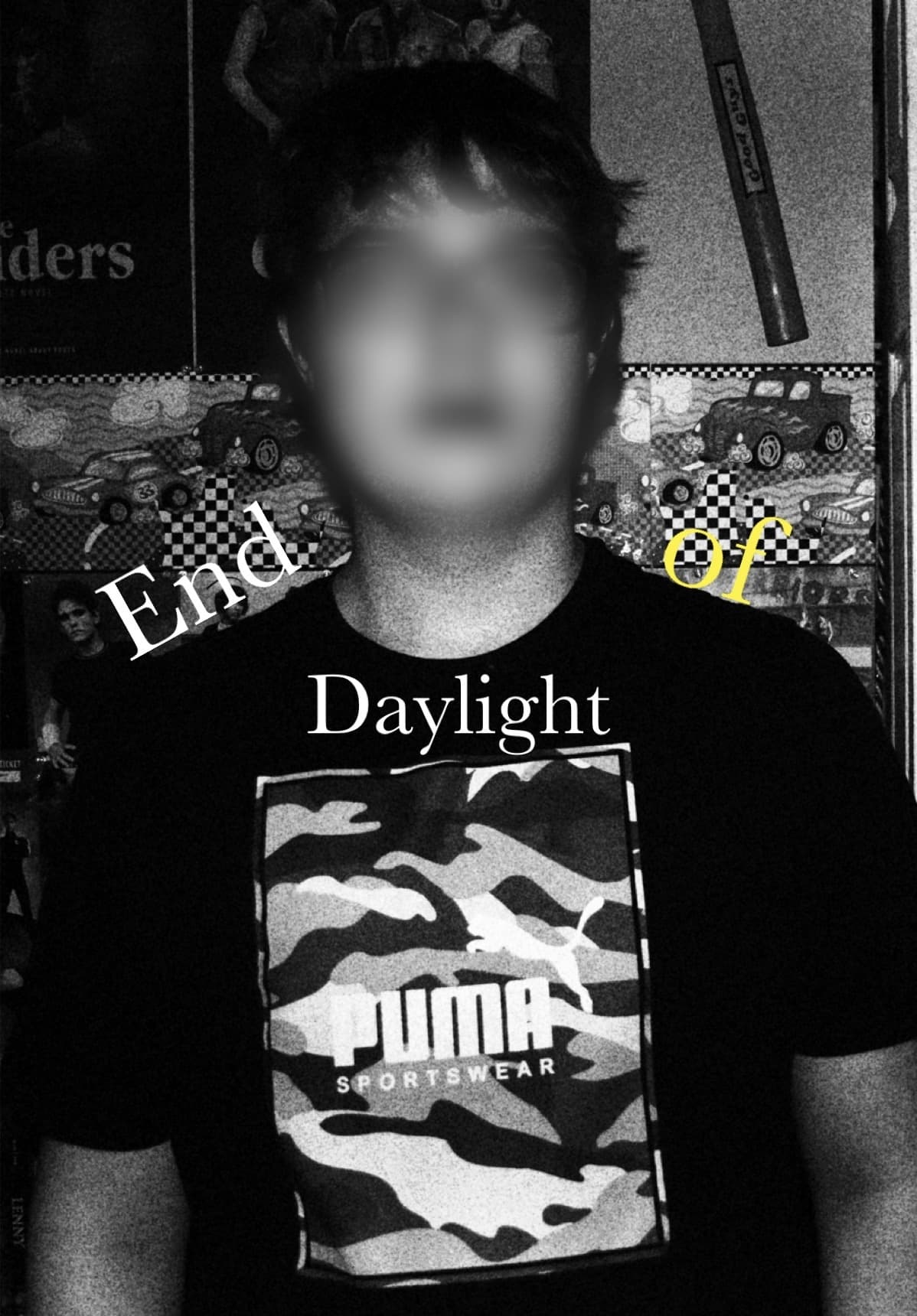
It’s nearing night and the day still isn’t over yet. A 17 year old high school student, Alan Ackerly, has been accidentally involved with an underground mafia business in Pennsylvania. With his girlfriend, and the illegal activities he’s involved with, he contemplates what the future has in store for him.

Explores Jerry Lewis' unreleased 1972 film "The Day the Clown Cried," its mysterious disappearance, and the search for footage. Includes interviews with Lewis' associates and previously unseen production content.

A young adult who wants to have a career in filmmaking has trouble figuring out ideas for his first short film.
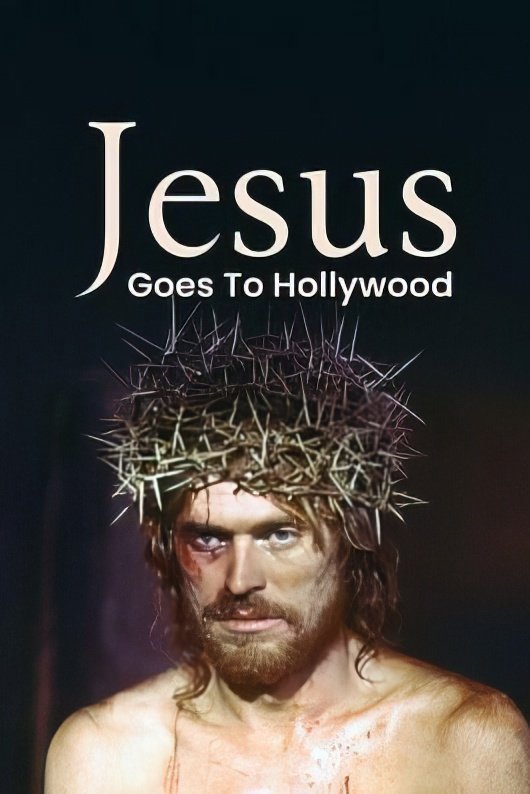
From popular piety to blockbuster, from musical to social criticism - Jesus Christ has many faces in film history. And the Italian city of Matera has often served as the backdrop for the Holy Land. Both Pier Paolo Pasolini's early masterpiece “Il Vangelo secondo Matteo” and Mel Gibson's controversial interpretation “The Passion of Christ” were filmed here. Gibson's film and Martin Scorsese's “The Last Temptation of Christ” caused a stir and scandal in 1988 and 2004 respectively. Milo Rau's interpretation also goes beyond the traditional. In “The New Gospel”, the Swiss director links the story of Jesus with current social struggles and presents a revolutionary Christ.
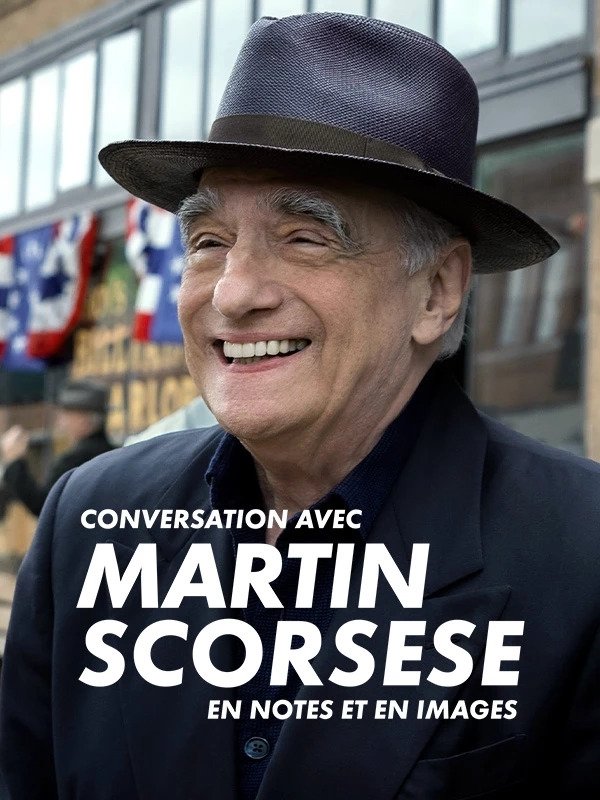
Martin Scorsese is renowned for his masterful use of music in his films. His relationship with music is deep and complex, and he considers it a crucial element of cinematic storytelling. In many of his films, music plays a role almost as important as the characters themselves. It can serve to underscore the characters' emotions, reinforce the film's themes, or evoke a particular era. While Scorsese regularly collaborates with renowned composers to create memorable soundtracks, from Bernard Herrmann and Elmer Bernstein to Robbie Robertson and Howard Shore, what he enjoys most is incorporating existing pieces of music ; "the soundtrack to his life", as he puts it.
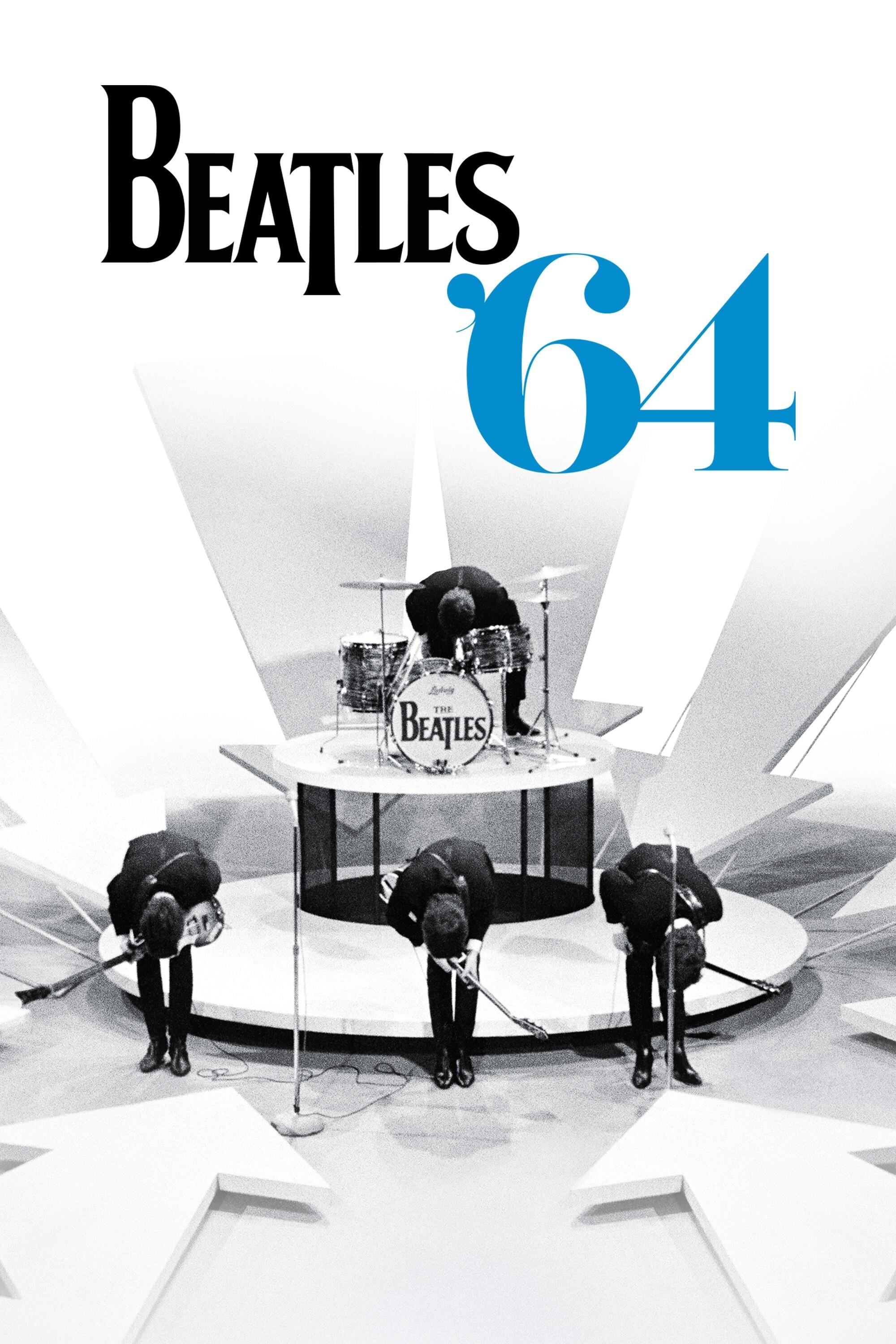
Featuring never-before-seen footage of the band and the legions of young fans who helped fuel their ascendance, follow McCartney, John Lennon, George Harrison and Starr as they land in New York City in February 1964 and solidify their status as the biggest band in the world.
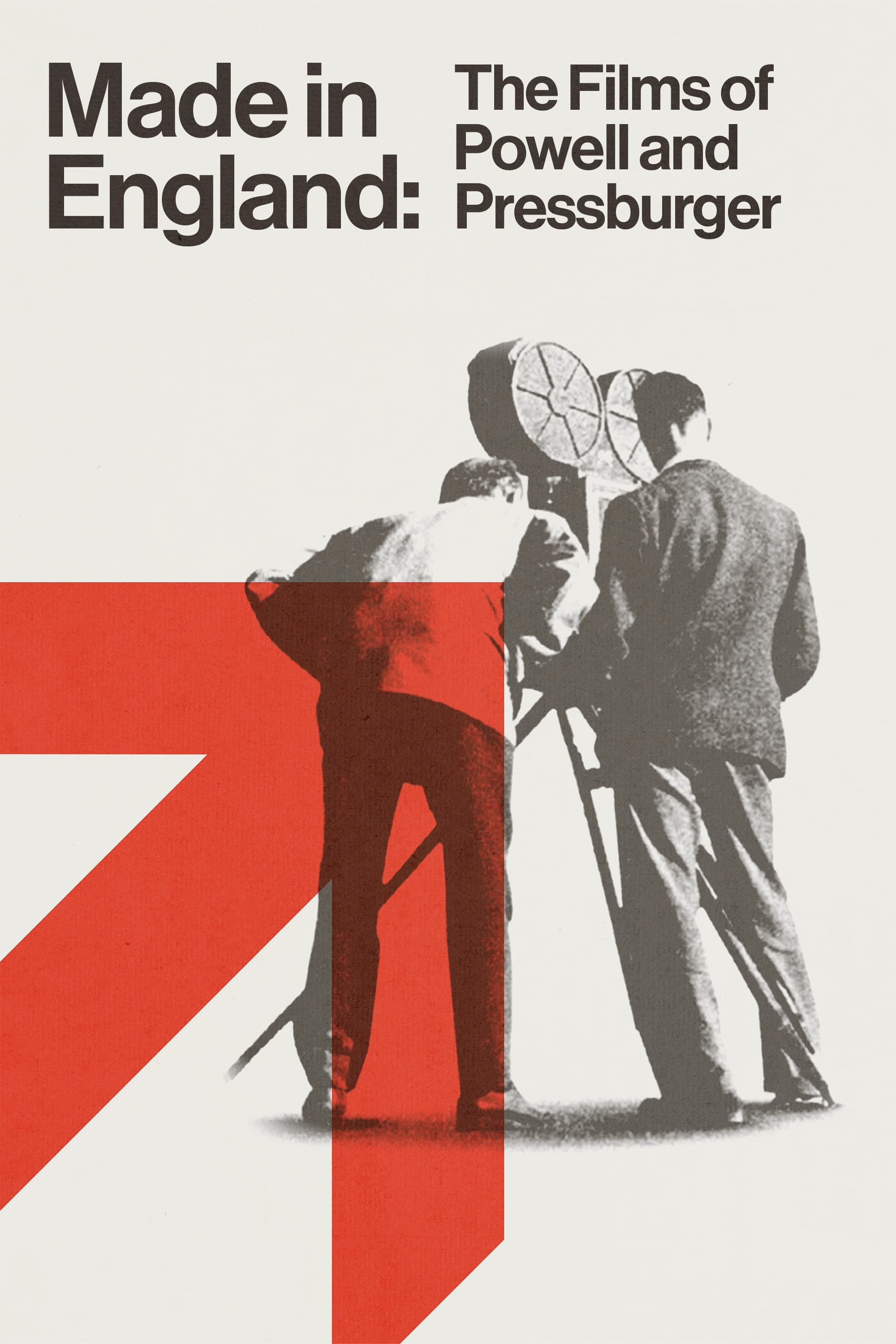
Martin Scorsese presents this very personal and insightful new feature-length documentary about British filmmakers Michael Powell and Emeric Pressburger.
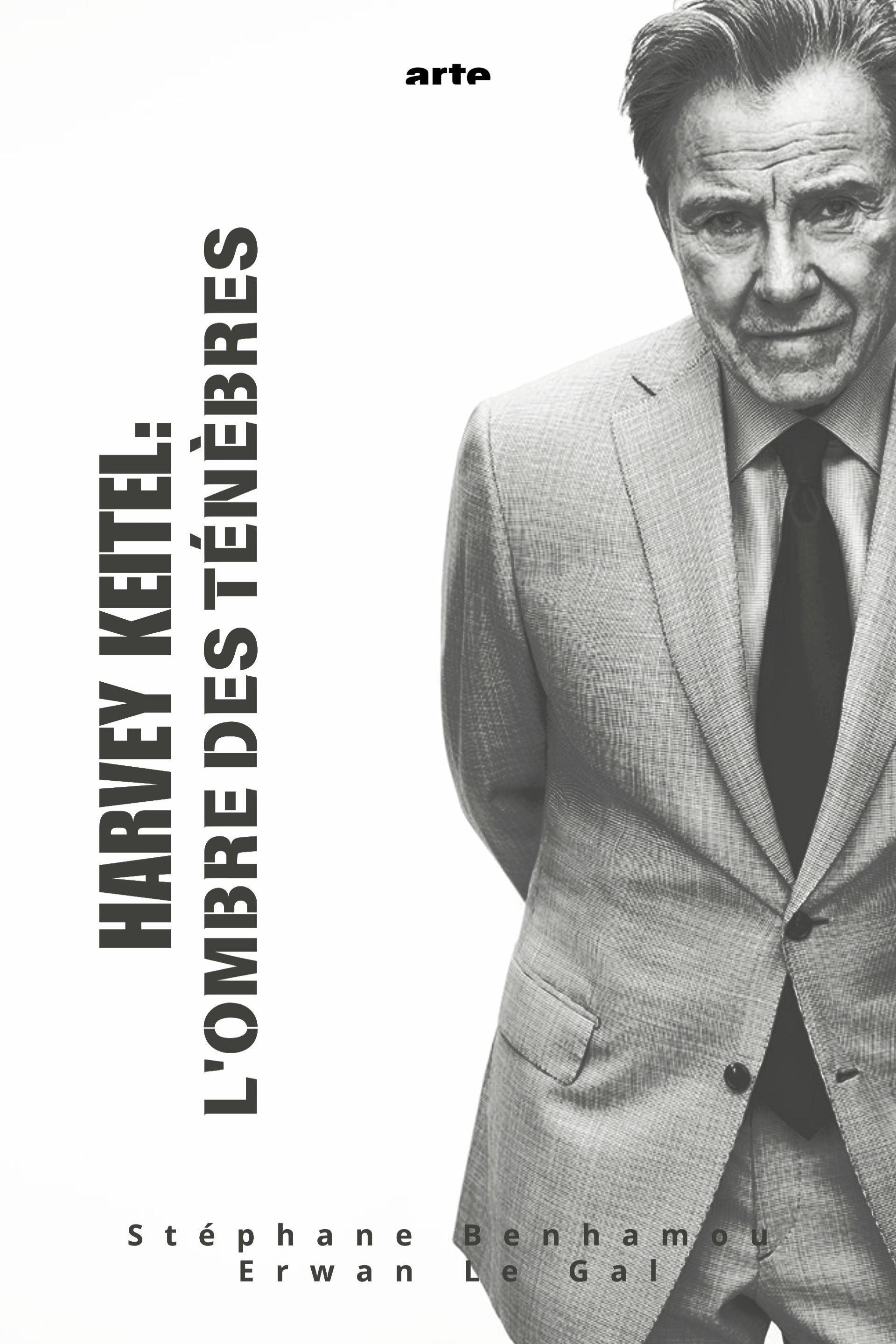
Shadows have followed Harvey Keitel wherever he went, from his blasphematory childhood, to the army and his iconic roles in films such as Scorsese’s Mean Streets and Taxi Driver. Treated as an outcast after being fired from the set of Apocalypse Now, he made a triumphant return with directors such as Tarantino and Jane Campion.
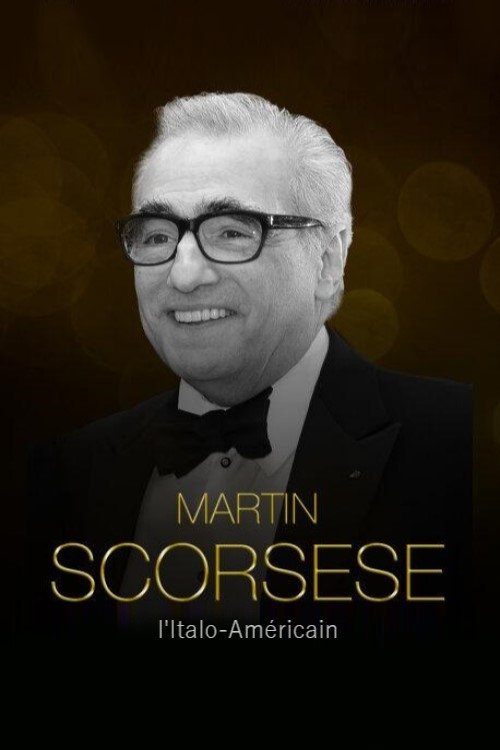
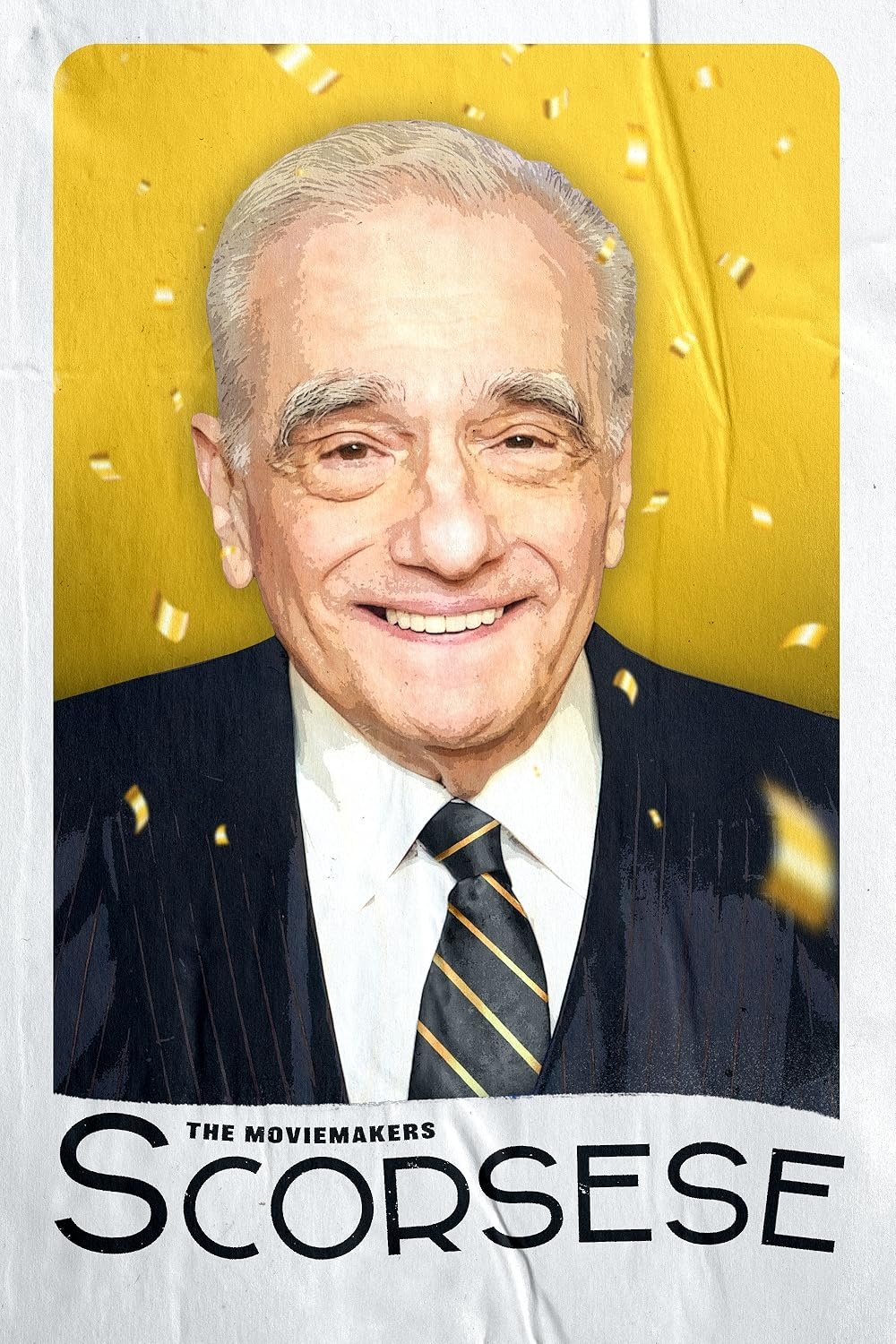
60 years since his directorial debut, Martin Scorsese's life has been dedicated to the past, present and future of cinema. 26 feature films later, the aptly named Caretaker of Cinema continues to push the boundaries of moviemaking.
Martin Charles Scorsese (born November 17, 1942) is an American filmmaker. He emerged as one of the significant figures of the New Hollywood era. He has received many accolades, including an Academy Award, four BAFTA Awards, three Emmy Awards, a Grammy Award, and three Golden Globe Awards. He was honoured with the AFI Life Achievement Award in 1997, the Film Society of Lincoln Center tribute in 1998, the Kennedy Center Honor in 2007, the Cecil B. DeMille Award in 2010, and the BAFTA Fellowship in 2012. Four of his films have been inducted into the National Film Registry by the Library of Congress as "culturally, historically or aesthetically significant". Scorsese received a Master of Arts degree from New York University's Steinhardt School of Culture, Education, and Human Development 1968. His directorial debut, Who's That Knocking at My Door (1967), was accepted into the Chicago Film Festival. In the 1970s and 1980s, Scorsese's films, much influenced by his Italian-American background and upbringing in New York City, centre on macho-posturing men and explore crime, machismo, nihilism and Catholic concepts of guilt and redemption. His trademark styles include extensive use of slow motion and freeze frames, graphic depictions of extreme violence and liberal use of profanity. Mean Streets (1973) was a blueprint for his filmmaking styles. Scorsese won the Palme d'Or at Cannes with his psychological drama Taxi Driver (1976), which starred Robert De Niro as a disturbed Vietnam Veteran. De Niro became associated with Scorsese through eight more films, including New York, New York (1977), Raging Bull (1980), The King of Comedy (1982), Goodfellas (1990), Casino(1995) and The Irishman (2019). In the following decades, he garnered box office success with a series of collaborations with Leonardo DiCaprio, including Gangs of New York (2002), The Aviator (2004), The Departed (2006), Shutter Island (2010), and The Wolf of Wall Street (2013). He worked with De Niro and DiCaprio on Killers of the Flower Moon (2023). Scorsese's other films include After Hours (1985), The Color of Money (1986), The Last Temptation of Christ (1988), The Age of Innocence (1993), Kundun (1997), Hugo (2011), and Silence (2016). In addition to film, Scorsese has directed episodes for television, including the HBO series Boardwalk Empire (2010–2014) and Vinyl (2016), as well as the HBO documentary Public Speaking (2010) and the Netflix docu-series Pretend It's a City (2021). He is also known for several rock music documentaries, including The Last Waltz (1978), No Direction Home (2005), Shine a Light (2008), and George Harrison: Living in the Material World (2011). He has also directed a music video for Michael Jackson's song "Bad". He has explored cinema in the documentaries A Personal Journey with Martin Scorsese Through American Movies (1995), Il Mio Viaggio in Italia (My Voyage to Italy) (1999), and Made in England: The Films of Powell and Pressburger (2024). An advocate for film preservation and restoration, he founded three nonprofit organizations: The Film Foundation in 1990, the World Cinema Foundation in 2007 and the African Film Heritage Project in 2017. Description above from the Wikipedia article Martin Scorsese, licensed under CC-BY-SA, full list of contributors on Wikipedia.
By browsing this website, you accept our cookies policy.